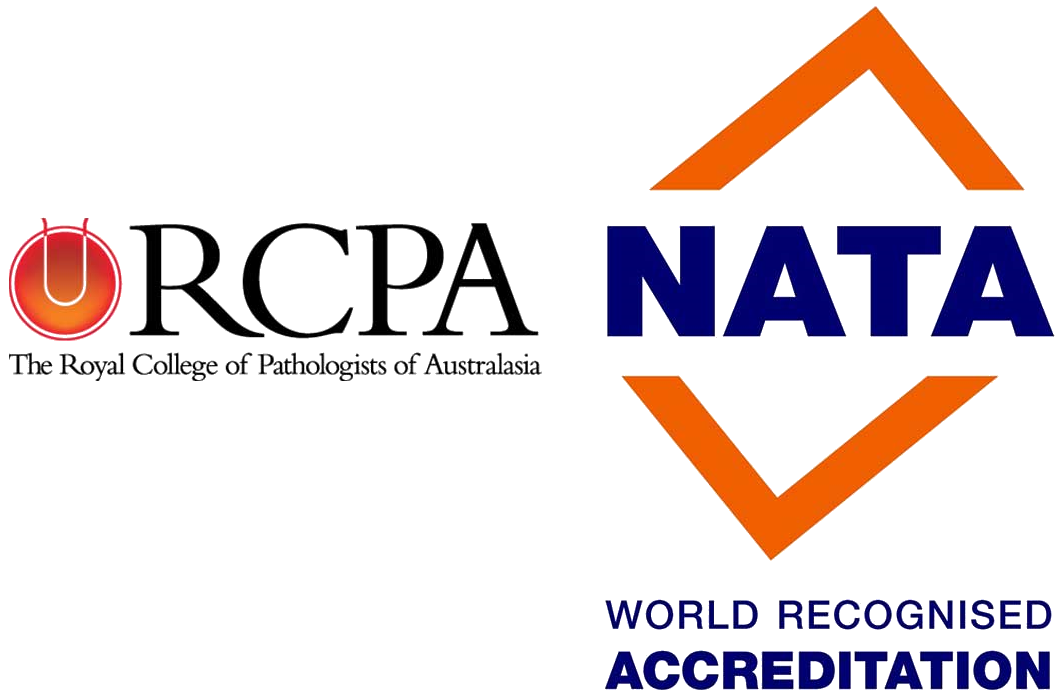Compliant Drug Testing
drug and alcohol policy
Compliant drug testing involves ensuring that the Company Drug and Alcohol Policy and Procedure is legally and technically correct and is followed precisely and consistently.
These documents are extremely important in legal challenges as they state the organisation’s intentions, roles and responsibilities in addition to any disciplinary procedures in the event of a breach in the policy.
Unfortunately it is not uncommon to find fairly critical errors in the vast majority of company drug & alcohol policies and procedures.
Very often these policies and procedures are shared between organisations so the spread of errors can become viral.
We often find the need to suggest amendments to the same wording/ content in different documents in a large number of organisations and sometimes virtually across entire industries.

employee education & consultation
A key component of an effective drug and alcohol program is the communication of the Policy/ Procedures to all stakeholders. It’s not enough to simply have a technically correct policy – you must communicate it and have evidence that you have communicated it to staff.
This is also an opportunity to educate your staff about the safety risks involving drugs and alcohol in the workplace, address privacy concerns, explain the testing process (and appeals process) and other common concerns.
Compliance of the testing process
NATA Accreditation of Collection Agency
Collection Agencies now need to be NATA accredited for collecting samples (this is no longer purely required for confirmation tests). Interestingly, only a handful of organisations hold the correct NATA accreditation to perform this work.
The responsibility for ensuring that the Collection Agency is compliant falls upon the “Requesting Authority” (this is the Company hosting the testing). If a company is performing drug testing “in-house”, then it must also have NATA Accreditation to be compliant with the relevant Australian Standard.
Compliance with Australian Standards
Much of the testing performed in Australia occurs in environments where adherence to the Australian Standards is mandated (such as in the Rail Sector) or where this is specifically stated in the Company Drug & Alcohol Policy. Naturally, if an organisation chooses not to comply with the Australian Standards – they might be required to explain the rationale for this in a Court of Law. Very few Policies exclude compliance with Australian Standards and in some cases full compliance is quite complex (partly as many important components are found within the Definitions of each Standard).
Compliance with other Legislation
Whilst various Workplace Health and Safety & Privacy legislation automatically applies to all testing – in certain circumstances additional legislation might also apply (for example on rail corridors, mining or aviation environments).